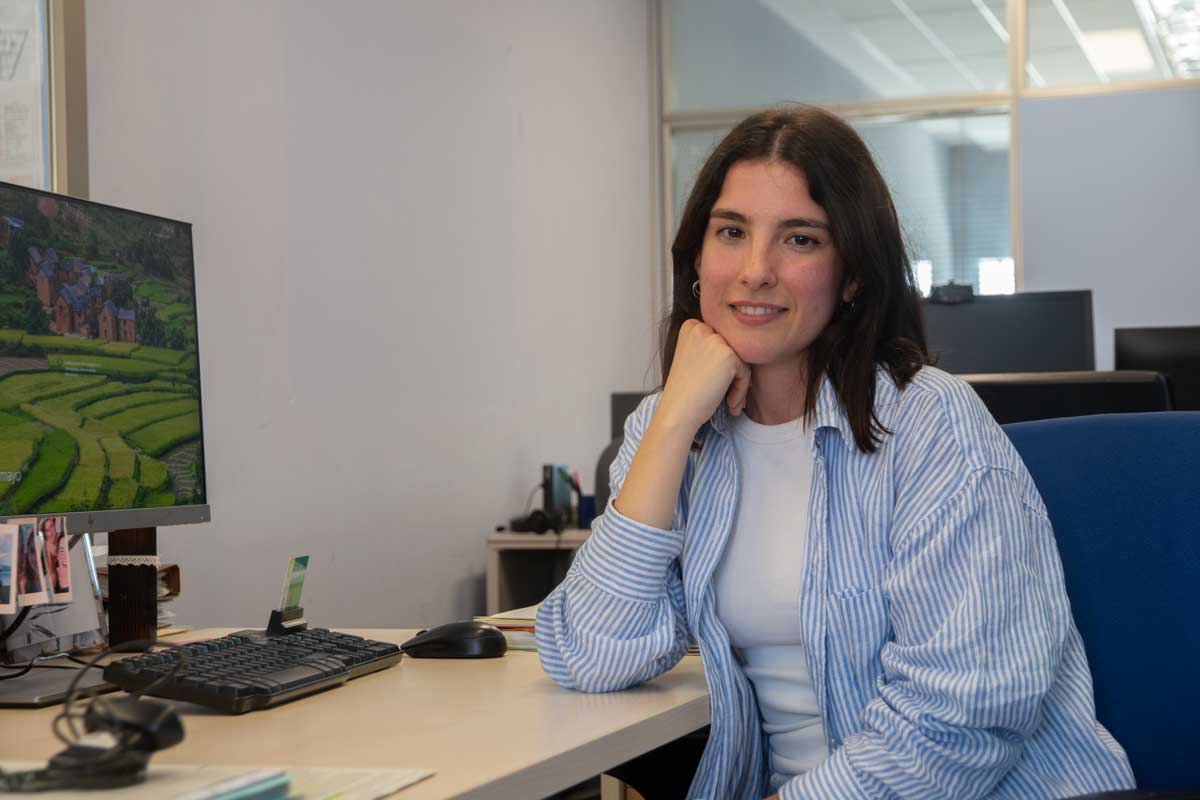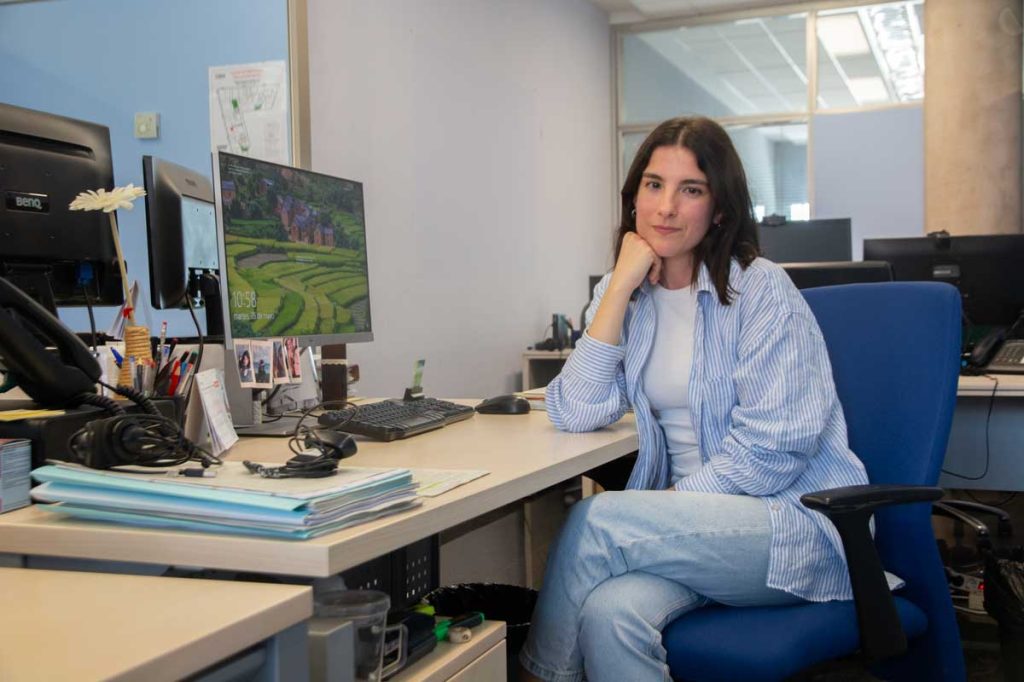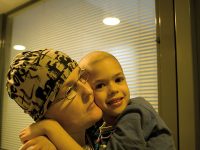Breast cancer research from a social and gender perspective
Marina Pinto Carbó is a nurse and pre-doctoral researcher at Fisabio

My name is Marina Pinto Carbó, I am a nurse and I studied the Master’s Degree in Public Health and Health Management at the University of Valencia. I am about to finish my doctorate and I am currently working in the area of cancer and public health at Fisabio.
In the area where I am currently working, we have three lines of research. The first is dedicated to the determinants of cancer. This means analysing both risk and protective factors in cancer. The second is evaluating the impact of cancer prevention and control programmes. And the third is cancer equity. This means that we assess whether there are social and gender inequalities in the acquisition of risk factors or protective factors for the disease, as well as in access to prevention services and health outcomes.
My current work in this area focuses on the first line of research. The title of my dissertation is Analysis of the relationship between sedentary lifestyles and breast cancer from a social and gender equity perspective. The aim is to assess whether there is a relationship between a sedentary lifestyle and an increased risk of breast cancer from a social and gender equity perspective. To do this, we looked at whether there were any social factors (such as education level) that influenced whether or not women had a sedentary lifestyle, and whether there were any gender factors (such as having children) that might also influence this. We analysed all this to observe the relationship between sedentary lifestyle and breast cancer.
One of the main findings of my doctoral research was that women from lower social classes have a higher risk of being physically inactive. On the other hand, we have also observed that women with children are less likely to be sedentary. This is because in today’s society, women are constantly multitasking, as a consequence of the coexistence of traditional caring and reproductive roles and newer, contemporary roles. Women’s integration into the workplace means that they continue to perform these reproductive and caring roles alongside academic, paid, or professional activities.

The latest conclusion of my research is that we have observed that women who sit for more than three hours a day have a higher risk of breast cancer, but we have only observed this in women with a low level of education. The main hypothesis to explain this is that different behaviours in each population group may explain the different effects of sedentary lifestyle on breast cancer risk.
I am also involved in some European projects that are part of this first line of research into the analysis of cancer determinants. One is the BUMPER project, funded by the European Commission and led by the European Cancer League (ECL). It aims to develop a mobile app for cancer prevention by disseminating the European Code Against Cancer. This is a set of 12 recommendations, developed by the International Agency for Research on Cancer (IARC), and the WHO, that can be followed by the general population to reduce the risk of cancer in general. The aim is to empower women to adopt and maintain a healthy lifestyle using digital tools and artificial intelligence, with the ultimate goal of reducing the risk of breast cancer. In our case, we will be testing this first digital tool on healthy women, but the project is aimed at both women with breast cancer and breast cancer survivors.
As a nurse, I like to communicate the importance of nursing in research to other colleagues in the profession. After all, it is very important for research teams to be interdisciplinary, and nursing has a lot to contribute. We may have a more holistic view of health in general, so I think our skills and role are particularly important. You have to have a certain vocation to dedicate yourself to research, because it is very hard work, but it is also very rewarding.
Interview conducted by Marta Gutiérrez and Anna Mateu. Edited by Marta Gutiérrez.

